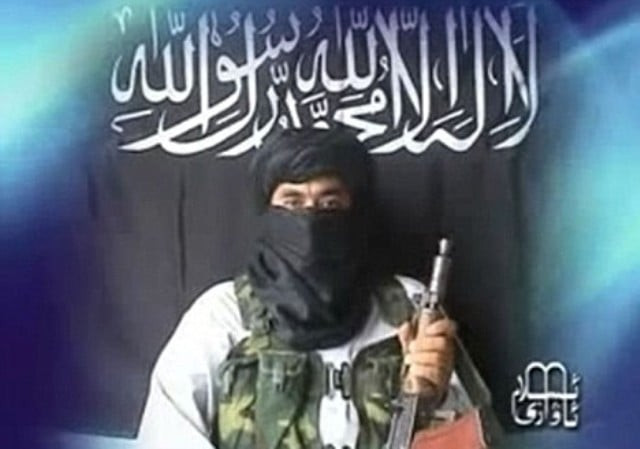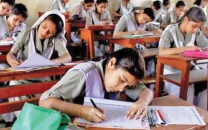Turkistan Islamic Party 'claim role' in China Xinjiang attacks
Militant leader threatens more violence to avenge what he calls "the Chinese occupation".

The video statement, allegedly by the leader of the Turkistan Islamic Party, Sheikh Abdul Shakoor Damla, was posted on jihadist forums on Tuesday, the SITE intelligence group said on Wednesday.
The statement follows a series of deadly attacks in July in the southern city of Kashgar and the desert city of Hotan in Xinjiang that killed more than 30 people.
"All the policies practised by the Chinese communist government against the Muslims in East Turkestan aim at completely maiming the identity of the Muslims and their strong traditions," Damla, dressed in a white shirt with a black turban, with a rifle next to his side, said in the roughly 10-minute video, according to an English transcript.
"The jihadi operations in the provinces of Hotan and Kashgar are merely acts of revenge against the atheist communists, who fought the religion of Allah the Almighty publicly and openly."
Reuters could not verify the authenticity of the video.
China pointed the finger at Islamic radicals and separatists for those two incidents, though rights groups and exiles say oppressive government policies which stoked popular anger were more to blame.
Liu Weimin, a spokesman for China's foreign ministry, said on Thursday that he had not seen the video, but China believes "that at present there are some East Turkestan forces, including terrorists, who aim to split China, and who continue to stir up sentiments of ethnic confrontation".
Governing Xinjiang has proved a major headache for China's ruling Communist Party. Tensions erupted into violent clashes between majority Han Chinese and native Uighurs that killed nearly 200 people in the regional capital Urumqi in 2009.
Since then, Beijing has turned its attention to boosting development in Xinjiang and providing greater job opportunities for the Uighurs, a Turkic-speaking Muslim people, many of whom chafe at Chinese rule and restrictions on their culture.
The government has blamed the violence in Xinjiang on groups like the "East Turkestan Islamic Movement" (ETIM), designated as a terrorist organisation by the United States in 2002.
Beijing says separatists work with al Qaeda or militants among other Turkic ethnic groups in ex-Soviet Central Asia over the border to seek an independent state called East Turkestan.
However, many experts have expressed doubts about the influence and reach of these groups and have questioned their ability to mastermind attacks in Xinjiang.
Last month, state media reported that authorities had thwarted attacks by suspected Uighur militants ahead of a visit by Pakistan President Asif Ali Zardari for a trade fair in Urumqi.



















COMMENTS
Comments are moderated and generally will be posted if they are on-topic and not abusive.
For more information, please see our Comments FAQ